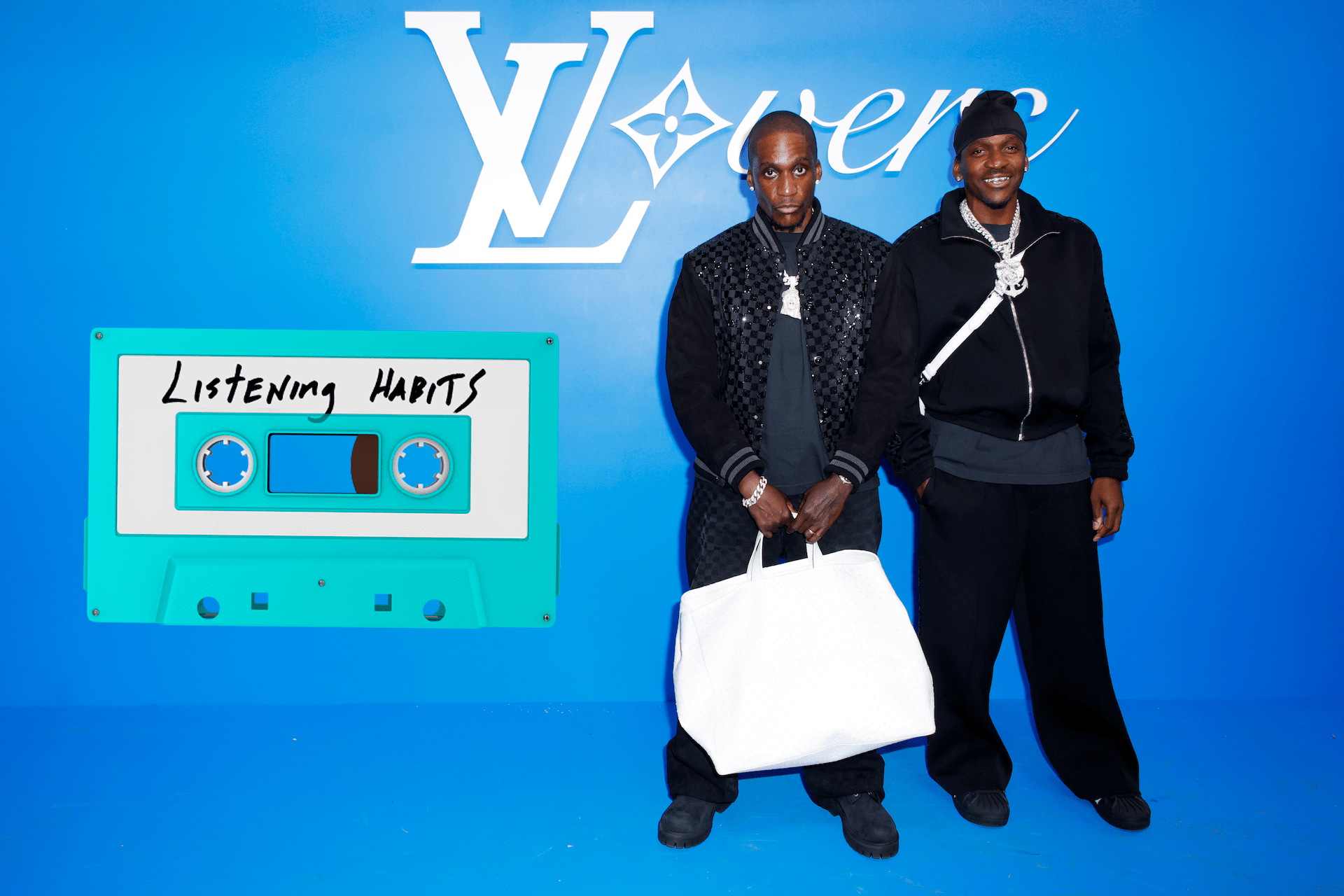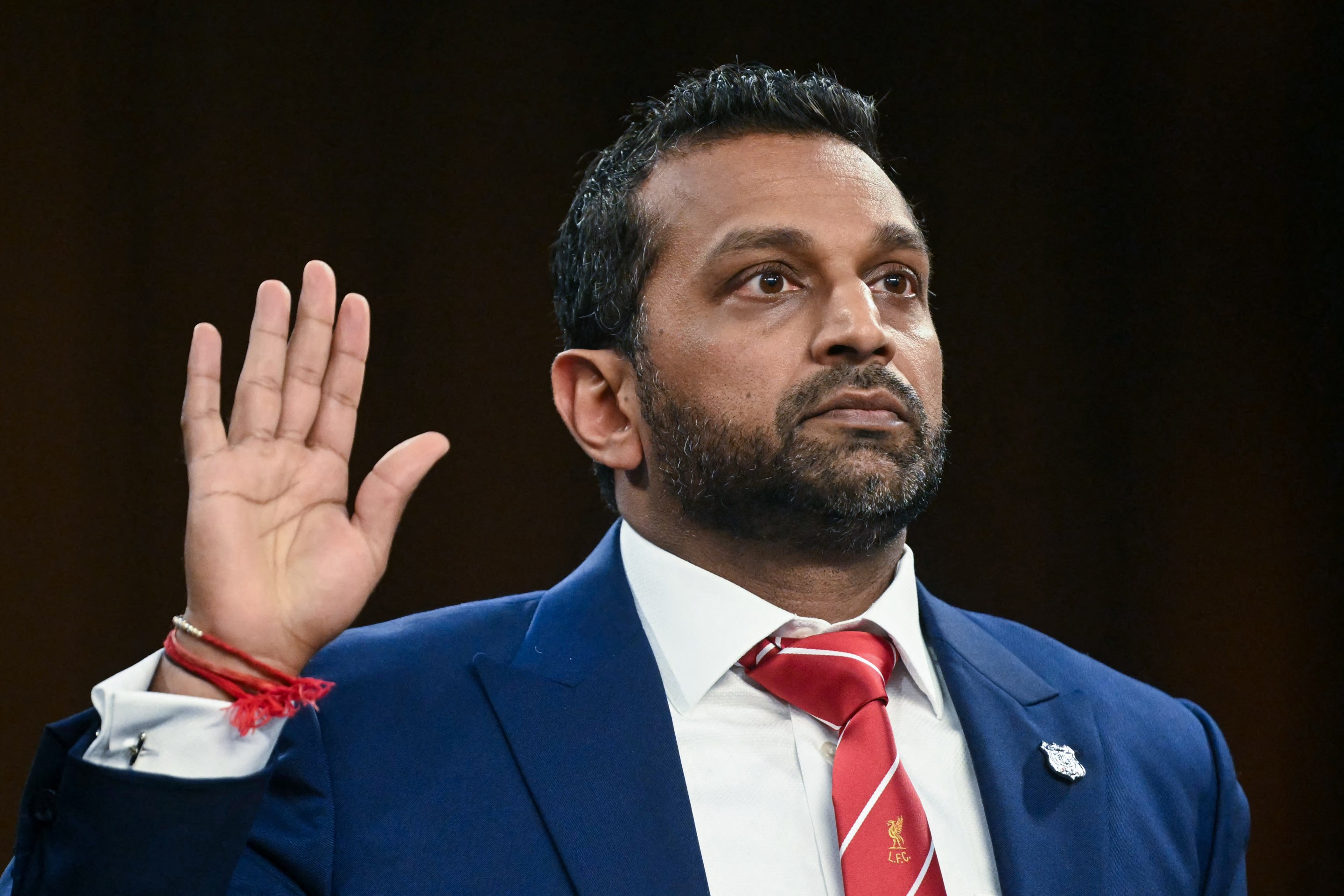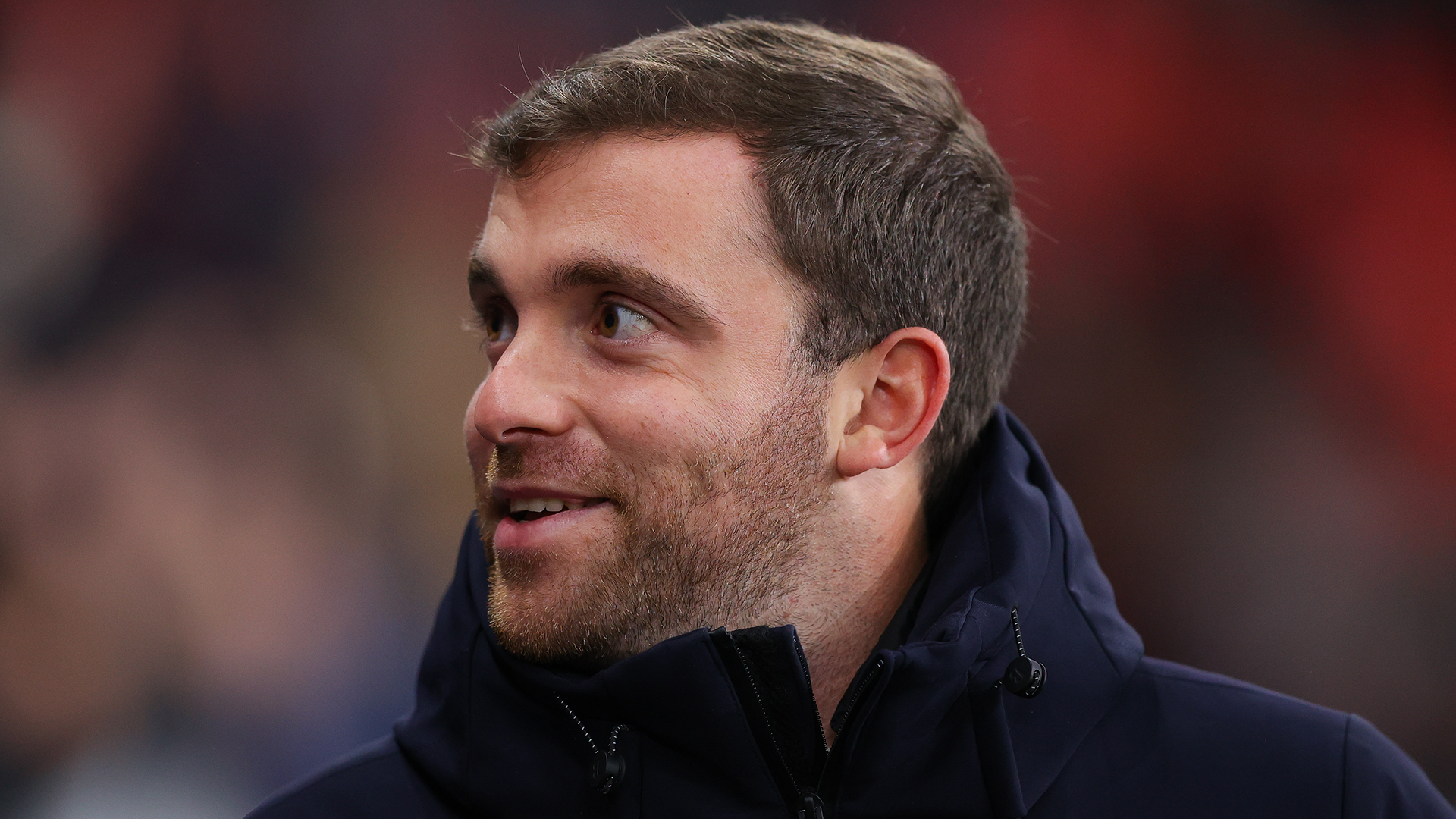Welcome to Listening Habits, a column where I share the music I’ve been fixated on recently.
There’s a profile of the Clipse in the latest issue of GQ. Timed to the imminent release of their long-awaited reunion album, Let God Sort Em Out—executive produced by Pharrell but no Chad Hugo—it’s full of little tidbits about Pusha T’s label drama and Malice’s long break from rap and all the things you might expect.
But something dawned on me while reading it, triggered by the listing of the involved parties' ages. Push is 50, and Malice is 53. Pharrell, who found time to get in the studio during breaks from his day job designing boring collections for Louis Vuitton, is 52. Mentioned in the piece is Push’s sour relationship with his former boss, the 48-year-old Kanye West, and his good relationship with his new boss, the 55-year-old Jay-Z. He also touches on his past beef with Drake, who is near 40, and how a verse on the new Clipse album from the “hottest” rapper of the moment Kendrick Lamar, also nearly 40, led to the Clipse and Pusha himself getting dropped from Def Jam. After expressing their boredom with the current state of rap, two artists they namechecked as still keeping the good tradition alive were Future, who is 41, and Stove God Cooks, who appeals to 40-year-olds.
If the point isn’t clear by now, I think it’s safe to say that hip hop, especially in the mainstream, has gotten old. Rap isn't the only genre struggling under gerontocracy, but it’s especially noticeable here, in a field that has always been so aggressively youth-focused. This isn’t necessarily a bad thing, but it is a curious one. There have always been older rappers who've been able to maintain some kind of foothold in the mainstream. The Clipse are about to release arguably the most-anticipated major studio album of the summer. There was a time when legends like them, or even a Drake and Kendrick, would at this point in their careers act as ushers for the next generation—or at the very least not be in their way.
In some respects, Kendrick and Drake have done exactly that. GNX, Kendrick's album off the momentum of winning a major rap beef, was full of up-and-comers from LA. Drake made a lifestyle out of jumping on tracks alongside burgeoning rappers, in doing so shooting them into a new stratosphere of attention. So why is it that, with the exception of a small few, we still haven't seen a new generation push the old one to the margins?
The reasons are several and complex, but the phenomenon itself represents a wider cultural stagnation. It feels like we are treading water waiting for something new and exciting to emerge. Nobody’s cool anymore, and while we do have stars, it doesn’t seem like any of them are transcending their medium and achieving universal relevance. Maybe it doesn’t matter, maybe all that stuff is a distraction, but it does underline a national malaise that’s overtaken everything.
None of this is rap music’s fault. I still believe that there’s an incredible amount of exciting rap being made today, but almost all of it happens out on the margins, and it doesn’t seem like much of it will spill over into the mainstream. Really it's not been since the days of Odd Future's and Chief Keef's breakouts more than a decade ago that you got that feeling of standing in the shadow of a looming, youth-led tidal wave that had appeared out of nowhere. Pop music still gives you a couple hot new stars a year, but the process and products seem rote and uninspired.
And then there’s TikTok and streaming, which have done more to trivialize new music than help it succeed. Not to get dark, but a spiraling opioid epidemic, income inequality, and street violence have claimed the lives of many promising young artists. Ours is a world in crisis, and in that crisis, we often turn to familiarity and nostalgia for comfort. The present is cold, and the future is something we've lost hope in, which stifles the creation of anything new. Meanwhile, the past—represented by, say, a Pharrell-produced Clipse album—is something like a warm blanket.
If I was talking to the kids of today, I would ask them what’s keeping them from starting a completely new scene. A new music genre or a new cultural medium. Something outside of the internet and somewhere the adults can’t access. It increasingly seems to me that the only way to get out of the cultural quicksand is not to keep revitalizing the old but to create something else out of thin air. Otherwise we’re just gonna keep moving in circles.
Evaluating Reality Television's Fake Music
Speaking of cultural ruts, thanks to my roommate and just a smidge of burnout, I have been watching a lot of reality television lately. Specifically reality dating shows like Love Island, Love Is Blind, and Temptation Island, plus various Housewives series. As I’ve been twisted into forming strong opinions about them I have also noticed the thing many people have noticed about these shows, which is the way they’re scored and soundtracked.
On rare occasions you’ll hear a recognizable pop song—a Sabrina Carpenter or a Chappell Roan song, or something older from Kylie Minogue or Carly Rae Jepsen. But most of the time you hear a lot of music that sounds like an uncanny imitation of real pop stars and their hits. Many of these tracks are produced by shadowy music companies like Vanacore and Atrium, places that may or may not have their own Swedish production staff to produce plausible American pop music.
A lot of this comes down to how expensive music licensing is. Reality shows are notoriously cheap, often willing to risk the wellbeing of their contestants if it'll save production a buck or two. Ersatz pop soundtracks may seem like small potatoes in comparison, but it does feel ominous watching these shows and hearing what seems like an AI's approximation of pop music. It's music without real personality or taste, just an efficient method of matching the mood of whatever is happening onscreen.
MTV, a pioneer in the reality TV game, had the benefit of being a music channel that could license the biggest records of the moment for their shows, which lent them a certain verve. If you don’t believe me, go stream a couple episodes of The Real World or something on Paramount Plus, where all the music has been removed for licensing issues. The shows have lost some potency as a result.
Even beyond the underlying insidiousness, I find that the weird music makes watching these shows slightly harder. It’s like a flashing sign pointing to its own artificiality. Everyone knows reality isn't real, just like we know the contestants come on the show not for true love but rather for a springboard into an influencer career, but it's difficult to maintain the necessary suspension of disbelief if they can't at least do a good job of pretending.
The Latest On The Diddy Trial
The trial of Sean Combs aka P. Diddy/Diddy/Puff Daddy/Puffy is entering its second month. It’s been as harrowing as you’d expect, despite the countless baby oil memes and jokes. Prosecutors aim to paint Combs not just as an abuser but specifically as a sex trafficker. Combs’s team concedes that he was a terrible boyfriend but insists that all of the sordid, awful details of his sex life, specifically as it relates to ex-girlfriend Cassie Ventura, were consensual.
As a result, Ventura was the first witness called to the stand, asked to revisit the timeline of her horrible experience with Combs. The defense tried to make the argument that text messages between the two in which she indicated any sort of approval or excitement as evidence against her contention that the relationship was coercive. The defense has also claimed that the security footage of him abusing her was doctored in some way as well.
Outside of Ventura, there have been a number of friends and witnesses brought in to corroborate her story, including her mom, who detailed the psychological mind games Combs would play on both her and her daughter. Other corroborators have been former Bad Boy artist Dawn Richard, rapper Kid Cudi, and another of Combs’s ex-girlfriends.
There have also been reports of Combs being reprimanded by the judge for his interactions with the jury, through facial expressions and nods, which could be interpreted as communication.
As a whole, the sex trafficking RICO charge is the crux of the trial, and whether the prosecution can prove that he was trafficking women according to the letter of the law. The coverage of the trial by the general digital media has not exactly been useful, that is unless you’re more interested in gay-panic humor, baseless conspiracy theories, or just watching a lot of Stephen A. Cronkite coverage. Combs's fame, his long history of being a major and ruthless music executive, the lurid recounting of his sex life and drug use, the shocking details of what his celeb-filled parties entailed, the depravity he displayed in his relationship with Ventura, and the glimpse it all offers into the life of a particular type of rich and famous person seems to have more sway in the "media trial" he is undergoing than the particulars of the sex trafficking charges themselves. Some of that is inevitable, and some is even good for how it brings to light more systemic patterns of abuse and exploitation, which are especially prevalent in the entertainment industry. Some of it, though, veers into mere voyeuristic titillation that doesn't take seriously the disgusting behavior on display—much of it not even contested by Diddy himself. The lives of celebrities are often presented to us as exotic worlds at a remove from our everyday real life, which can make it easier to forget that all of this is involves real crimes, real pain, inflicted on and suffered by real people who aren't always as far away from us as we might imagine.
The Non-Rap Song of The Moment
If you would like to contribute something or ask a question for future installments, email me at israel@defector.com.






